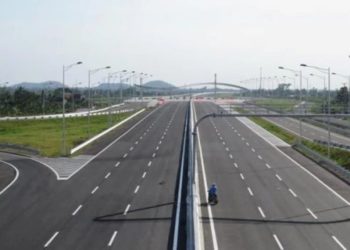Carabcid, a prominent producer of natural, food-grade, and compressed carbon dioxide, has unveiled its ambitious plans to construct three energy plants in response to the escalating electricity costs. The company, known for its high-quality carbon dioxide products, has not disclosed the exact investment figure for this undertaking.
This strategic move comes in the wake of increasing concerns among large power consumers, particularly factories, regarding the rising electricity expenses and the inconsistencies and supply disruptions from their primary power supplier, Kenya Power and Lighting Company (KPLC).
East African Breweries Limited (EABL), a major player in the regional brewing industry, has also taken decisive steps to address the mounting operational costs attributed to the soaring electricity rates.
EABL is currently in the advanced stages of setting up its energy plant, with the objective of generating 9.3 megawatts from its Ruaraka Plant by 2030. The company is responding to the financial pressures brought about by the high cost of electricity. Several other substantial consumers in the region have followed suit by revealing their intentions to establish their energy plants. Notable names in this endeavor include Africa Logistics Properties and Mombasa International Airport.
Carabcid has confirmed that the implementation of this new project is scheduled for the year 2024. Furthermore, the company has already initiated operations at two plants and has plans to commission a third plant next year. In its financial report for the period ending July 2023, Carabcid declared a profit after tax of KES 816.0 million, marking a substantial 15.3% increase from the KES 707.6 million reported the previous year.
With the ever-increasing cost of electricity in the country, Kenya Power finds itself in a challenging position, as more entities opt to pursue their energy projects, reducing their reliance on the national power supplier. The proactive moves by these major consumers have raised concerns at Kenya Power, which is grappling with profitability issues. Kenya Power recently reported a net loss of KES 3.2 billion for the financial year ending in June 2023.
The soaring electricity costs and the corresponding shift toward self-sufficiency among large consumers are reshaping the energy landscape in the region, as companies like Carabcid and EABL take matters into their own hands to secure a more cost-effective and reliable power supply.
















